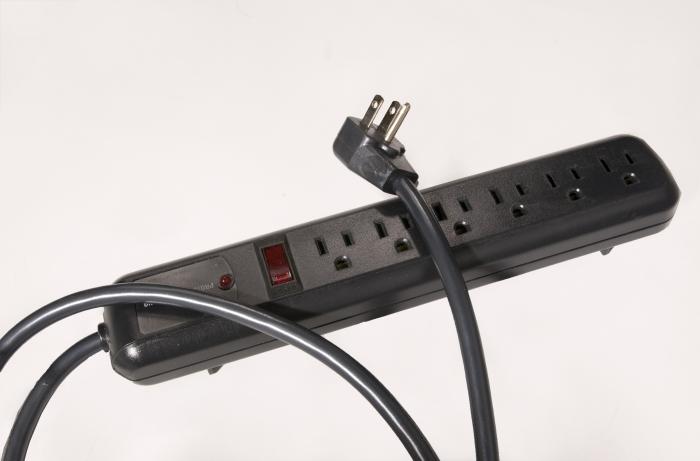
You may recall a moment a few years ago when all the papers were going crazy about a futuristic small electrical implant that would fit like a cuff around your nerve, interfering with its signals to bring the sick back to health. Asthma, arthritis, diabetes, and hypertension – all could be walked back, simply by overwriting natural nerve signals with artificial electrical ones.
As the initial excitement about these electro-stimulating nerve cuffs trailed off into the long slog of research and development, it seems only natural that articles extolling the devices would have tapered off as well. And they have tapered off – you don’t see them mentioned very much anymore. But waning hype is not the only reason you haven’t seen them mentioned. The real reason is much weirder: the devices lost their name.
When they burst onto the scene in 2013, the implants were called “electroceuticals” – a portmanteau of “electricity” and “pharmaceutical” that hailed a brave new world in which drugs are replaced by precision zaps to various nerves. Wait – electricity can replace drugs? You may be asking. Yes. In fact, the early results had been astonishing. In one trial, a participant with rheumatoid arthritis was fitted with an electrical stimulator on his vagus nerve. Before the trial, his swollen hands and inflamed joints had become so painful and unusable that he had to give up driving. After the treatment, his symptoms improved so much, the story goes, that he injured his arm in a game of ping pong.
Results like these are the reason GlaxoSmithKline (England’s biggest drugmaker) teamed up with Google’s cousin in the life sciences, Verily, on a £540 million venture to get these things out to market. They broke ground on a new campus in Stevenage, and hired another team in San Francisco. Partnering with a US-based bioelectronics centre, they set out to rebrand their soporifically named “neuromodulation” devices as something a little sexier. They settled on “electroceuticals”.
The rebrand worked splendidly. The word inflamed the imagination, and the papers ran with it. Electroceuticals: Swapping Drugs for Devices, Wired announced. Many similar headline riffs followed. Electroceuticals were a hit.
But when one of GSK’s partner institutions moved to trademark their cool new buzzword, they found some bad news. In all the marketing excitement, no one had done the due diligence: electroceuticals were already someone else’s intellectual property. The word had been trademarked in 2007 by Ivivi Technologies to refer to an unrelated product.
The trademark application was abandoned, and GSK did a fast pivot to “bioelectronic medicine” which as it turns out does not slip off the tongue quite as easily. You can still find the odd magazine story talking up electroceuticals. The research is still ongoing, and may still lead to medical breakthroughs. However, the companies developing these technologies are prohibited from using their old catchy name to describe their implants. The way trademark law works, if GSK were to call its tech “electroceuticals” again, they would be looking at a lawsuit or an injunction.
GSK’s partners Verily didn’t end up paying to buy the electroceuticals trademark. But someone did. At some point after 2015, two other companies quietly joined as second and third registrants of the electroceuticals name.
So the next time you see the word electroceutical, bow to the power of trademarks, and remember that all the cool names are probably already taken.
Photo Credit: A surge protector. Courtesy of Amanda Mills, Public Health Image Library (PHIL)